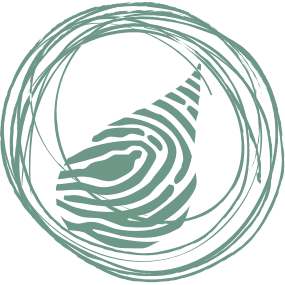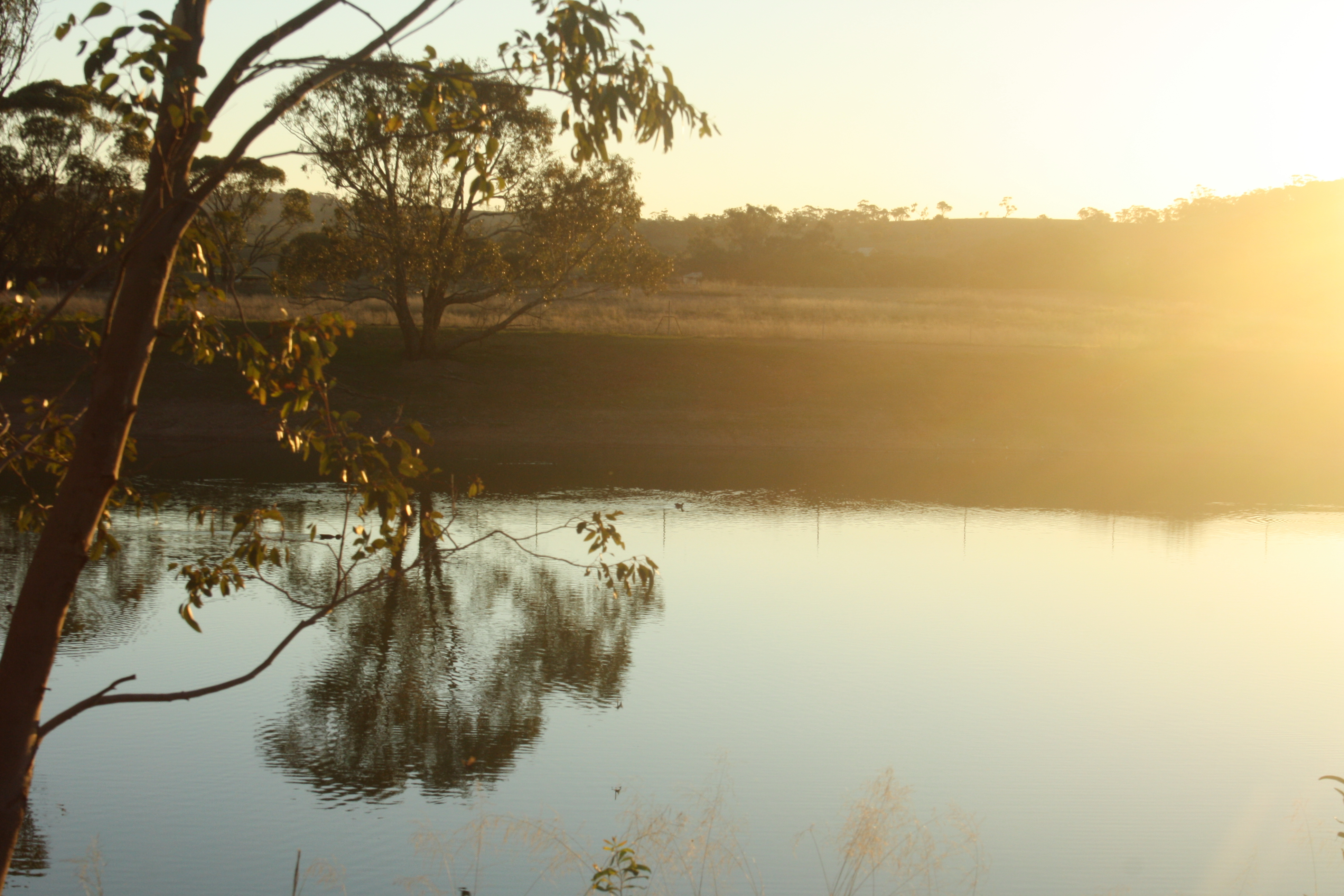Many rural communities are faced with an annual dilemma - they can’t afford expensive, drinking-quality water for irrigation over summer, but they also can’t allow their highly-valued community sports grounds and gardens to die off.
By improving stormwater management practices, combined with total water cycle planning, rural communities can maximise water use and reuse to benefit both community and environment. This transition towards a more water-sensitive Wheatbelt town is critical to building resilience to climate change in regional WA. Once established, these practices provide an efficient, reliable and safe water supply for communal use.
The Stormwater Reuse Project was designed to help Wheatbelt local governments decrease pressure and dependency on reticulated water supplies during summer. Wheatbelt NRM partnered with the Department of Agriculture and Food, Western Australia (DAFWA) to develop best practice in stormwater management and reuse in Wheatbelt towns. It did this by improving the capture, storage and distribution of stormwater runoff at town sites in 7 Shires.
What is stormwater harvesting?
Stormwater harvesting collects and reuses stormwater drainage runoff that would otherwise end up in natural drainage systems. Different methods are used depending on location:
- collection of rainwater from roofs, hardstands, sports areas, road surfaces, town drains or creek lines
- temporary storage of runoff water in excavated sumps or tanks (above or below ground)
- water transfer to larger storage units, called 'bulking up'
- passive infiltration or injection of stormwater into a suitable groundwater aquifer (this option is limited by the site)
- reticulation to distribution locations, such as irrigation points or a standpipe
For example, DAFWA helped the Shire of Wagin develop a whole townsite management scheme for water conservation and salinity control. Stormwater capture and reuse is an important part of this scheme. Rising groundwater and waterlogging in Wagin is being managed with a comprehensive borefield to dewater the local aquifer and help fight salinity. The Shire is also capturing most of its stormwater and town catchment runoff with a 6000 m3 weir across one of the main town drains. High-quality surface water is pumped upslope to the 25,000 m3 ‘Brown’ dam (see photo below), which irrigates the town sports oval and other recreational sites. Stormwater reuse can convert townsite runoff, often considered a nuisance or threat, into a productive resource – water that supports local identity and community pride through well-maintained facilities/amenities.
ACHIEVEMENTS
- 8 projects funded in 7 Wheatbelt local government areas
- Functional stormwater harvesting and reuse schemes created that reduce demand on drinking-quality town water supplies
- Around 50 megalitres (50,000KL) of increased water storage capacity
- Improved community facilities by using non-drinkable water for sports grounds, parks, public gardens and streetscaping.
- Reduced cost of water bills:
- Savings to local government of $150,000 per year (based on price of $3.00/KL)
- Savings to Water Corporation of $350,000 per year (based on supply cost of $7.00/KL)
DID YOU KNOW?
- Reusing stormwater to water parks and gardens improves the social and visual amenity of our much-loved towns while reducing costs
- Local governments in the Avon River Basin use about 990 million litres of water from the Goldfields and Agricultural Water Supply
- Almost half of this is used on parks and gardens and costs about $1.28 million each year
- Improved stormwater management can help our waterways by reducing sediments, nutrients and pollutants entering the systems


